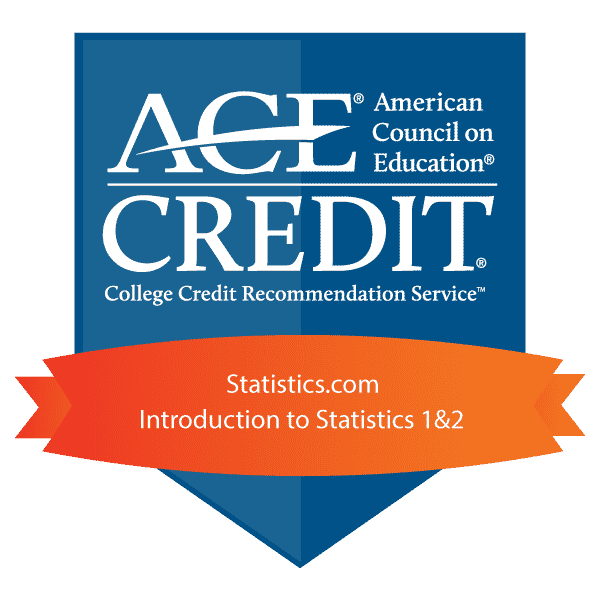In this week’s Brief, we look at p-values. Plus, we’ve scheduled a couple of extra course sessions for April:
Use the month of April to introduce yourself to Python, or, for those with some Python familiarity, learn how to apply it to predictive analytics.
- April 10 – May 8: Introduction to Python Programming (for newcomers to Python)
- April 10 – May 8: Predictive Analytics 1: Machine Learning Tools using Python (for those with some Python familiarity who need some guidance, and perhaps a push, to take their knowledge further)
See you in class!
P-values and False Discovery
Five years ago last month, the psychology journal Basic and Applied Social Psychology instigated a major debate in statistical circles when it
- Said it would not accept papers that cited p-values
- Said it would not accept papers that failed to specify effect size
- Said it would remove p-value citations from papers it published […]
Word of the Week
Hazard
In biostatistics, hazard, or the hazard rate, is the instantaneous rate of an event (death, failure…). It is the probability of the event occurring in a (vanishingly) small period of time, divided by the amount of time (mathematically it is the limit of this quantity as the time period goes to 0). The division by a time period means that hazard is not a probability, and is not limited to the range between 0 and 1. […]
Of Note
The Depression Gene
“There’s No Depression in Heaven,” wrote the Carter Family in 1936. And perhaps not in your genes, either. The genetic basis for depression is proving hard to pin down, from a statistical standpoint […]
Course Spotlight
- April 3 – May 31: Introduction to Statistics
- May 1 – July 3: Introduction to Statistics
(This course repeats monthly and has an optional “for college credit”)
-The resampling approach we use in this course makes p-values transparent and easy to understand.
- April 10 – May 8: Introduction to Python Programming (for newcomers to Python)
- April 10 – May 8: Predictive Analytics 1: Machine Learning Tools using Python
See you in class!


